로망띠끄 하아
로망띠끄 하아와 그 의미
로망띠끄 하아는 한국어에서 주로 놀랍거나 당혹스러운 상황을 표현할 때 사용되는 신조어입니다. 이 단어는 현재 다양한 소셜 미디어 플랫폼에서 인기를 얻고 있으며, 주로 온라인 커뮤니티에서 사용되고 있습니다.
로망띠끄 하아의 역사와 기원
로망띠끄 하아라는 신조어의 역사와 기원은 명확하게 알려져 있지 않습니다. 역사적 배경이나 기원에 대한 구체적인 정보는 부족하며, 신조어 자체가 현대적인 온라인 문화에서 자연스럽게 생겨난 것으로 보입니다.
로망띠끄 하아와 예술
로망띠끄 하아는 예술에서도 자주 사용되는 표현 중 하나입니다. 특히 사진이나 그림에서 예술적인 표현을 담고 있는 로망띠끄 하아는 해당 작품들에 특별한 분위기를 부여하는 역할을 합니다. 전문가들은 로망띠끄 하아를 통해 표현되는 감정과 우울함의 미학적인 측면에 주목하고 있습니다.
로망띠끄 하아의 문화 영향력
로망띠끄 하아는 현대 한국 문화에서 상당한 영향력을 가지고 있습니다. 많은 사람들이 이 표현을 사용하여 감정을 나타내고, 공감을 얻으며, 소통을 이루고 있습니다. 이는 온라인 커뮤니티에서 특히 두드러지는데, 로망띠끄 하아를 사용하는 게시물들이 많은 관심과 반응을 받고 있습니다.
로망띠끄 하아와 사회적 의의
로망띠끄 하아는 한국 사회에서 이미 상당한 인식을 얻고 있으며, 많은 사람들이 이를 사용하여 자신의 감정과 의견을 표현합니다. 이 표현은 사회적 대화와 공감을 형성하는 데에 중요한 역할을 하고 있으며, 사회적 의견의 수단으로 활발하게 활용되고 있습니다.
로망띠끄 하아와 인간 심리
로망띠끄 하아는 당혹스럽거나 놀랍거나 실망스러운 감정을 나타내는 데에 효과적으로 사용됩니다. 이 표현은 인간 심리에서의 감정을 표현하는 데에도 적합한 표현입니다. 로망띠끄 하아를 사용하는 것은 우리의 감정을 표현하고 공감을 이루는 데에 큰 도움을 줄 수 있습니다.
로망띠끄 하아와 과학적 해석
로망띠끄 하아는 주관적인 경험을 표현하는 신조어이기 때문에 과학적으로 해석하기는 어렵습니다. 하지만 다른 언어 현상과 마찬가지로 이 표현은 언어학적, 사회학적 연구의 대상이 될 수 있으며, 특정한 문화와 현상에 대한 분석에 활용될 수 있습니다.
로망띠끄 하아와 신화, 전설, 그리고 세계관
로망띠끄 하아는 신화, 전설, 세계관과 밀접한 연관성을 가지고 있지는 않습니다. 이 표현은 주로 현실에서의 일상적인 사건과 감정을 다루는 데에 사용되는 것이 특징입니다.
로망띠끄 하아의 현대적 응용과 의미
로망띠끄 하아의 현대적 응용은 매우 다양합니다. 이 표현은 텍스트뿐 아니라 이미지, 동영상 등의 다양한 형식으로도 표현될 수 있습니다. 또한 로망띠끄 하아는 감정의 범위를 넓히고, 다양한 감정을 표현하는 데에도 사용됩니다. 이 표현은 한국어와 관련이 있는 독특한 표현으로써, 한국 문화와 언어에 대한 이해를 높이는 데에도 큰 도움을 줍니다.
FAQs:
Q: 로망띠끄 하아는 어떤 상황에서 사용되나요?
A: 로망띠끄 하아는 당혹한 상황이나 놀라운 사건에 대한 표현으로 주로 사용됩니다.
Q: 로망띠끄 하아와 다른 신조어와의 차이점은 무엇인가요?
A: 로망띠끄 하아는 한국어에서 특히 많이 사용되는 신조어 중 하나로, 주로 당혹스러운 상황에 대한 표현으로 사용되는 것이 특징입니다.
Q: 로망띠끄 하아의 정확한 의미는 무엇인가요?
A: 로망띠끄 하아의 의미는 주관적이며, 다양한 감정을 나타내기 위해 사용됩니다. 이 표현은 단어 그 자체로서 의미를 가지고 있지 않으며, 상황이나 맥락에 따라 해석될 수 있습니다.
Q: 로망띠끄 하아의 인기는 어떻게 변화하고 있나요?
A: 로망띠끄 하아는 현재도 한국 사회에서 많은 인기를 얻고 있으며, 유행어로서 계속해서 사용되고 있습니다. 그러나 트렌드의 변화에 따라 인기도 변화할 수 있습니다.
Q: 로망띠끄 하아를 외국인들이 이해할 수 있나요?
A: 로망띠끄 하아는 한국어에서 사용되는 신조어이므로, 외국인들에게는 이해하기 어려울 수 있습니다. 그러나 이 표현에 대한 설명과 맥락을 제공한다면 외국인들도 이를 이해할 수 있을 것입니다.
사용자가 검색한 키워드: 로망띠끄 하아 으응, 싫어, 하아 싫어
Categories: Top 67 로망띠끄 하아
[말포이 소설] 착한 어린이들은 오지말아요🔞💋 [집착광공X집착광수][수위+19금][4화][글은 설명란에 있어요]
여기에서 자세히 보기: dautusieuloinhuan29.com
으응, 싫어
Meaning and Usage:
The phrase 으응, 싫어 is a combination of two words: “으응” (Eung) and “싫어” (Shiruh). “으응” is an onomatopoeic sound that represents a negative response, similar to the English “uh-uh” or “nope.” “싫어” translates to “I dislike” or “I hate,” conveying strong feelings of aversion or distaste. When combined, 으응, 싫어 emphasizes one’s total rejection or opposition to a particular situation, idea, or opinion.
This expression is commonly used in casual conversations to express disagreement or to show strong personal preferences. It is often accompanied by facial expressions or body language that convey a clear message of displeasure or refusal. For example, if someone invites you to go on a roller coaster ride but you fear heights, you might respond with a disapproving face and say “으응, 싫어!” to decline the offer.
Popularity in Media and Entertainment:
In recent years, 으응, 싫어 has gained substantial popularity in Korean media and entertainment. Artists have incorporated this phrase into their music and performances, making it a catchy and identifiable part of the Korean pop culture landscape. Some notable examples include the hit song “으응?!” by rap duo Loco and Hwasa, and the reality show “으응x싫어” that features celebrities sharing their dislikes and disagreements.
The phrase’s widespread usage in popular media has contributed to its assimilation into everyday conversations. This reflects a shift in Korean society towards expressing personal opinions and individuality more openly. 으응, 싫어 has become a way for people to express their thoughts assertively while maintaining a sense of humor and casualness.
FAQs:
Q: When should I use 으응, 싫어?
A: 으응, 싫어 is primarily used in informal situations among friends, family members, or close acquaintances. It is not commonly used in formal or professional settings, where a more polite and respectful tone is expected.
Q: Can 으응, 싫어 be offensive or rude?
A: While 으응, 싫어 can be perceived as rude in some contexts, it mostly depends on the relationship and familiarity between the people involved. In casual conversations among friends or peers, it is generally understood as playful banter. However, it is crucial to consider the tone and body language when using this expression to avoid any misunderstandings.
Q: Are there alternative expressions with similar meanings?
A: Yes, there are other Korean expressions that convey a similar sense of disapproval or dislike. For example, “싫다” (Shilda), “이건 아니다” (Igeon anida), or “안 돼” (An dwae) are commonly used alternatives. Each of these expressions has its unique nuances and usages, so it’s a matter of personal preference and familiarity.
Q: Can I use 으응, 싫어 when expressing preferences rather than dislikes?
A: While 으응, 싫어 is primarily associated with expressing dislikes, it can also be used to convey preferences. For instance, if someone offers you a choice between two desserts and you strongly prefer one over the other, you might say “으응, 이건 싫어!” to indicate your preference.
Q: Does 으응, 싫어 have an impact on Korean society and language?
A: 으응, 싫어 is a reflection of changing societal norms and linguistic trends in Korean culture. It represents a shift towards individuality, assertiveness, and the expression of personal opinions openly. Its widespread usage has contributed to its inclusion in mainstream culture and its recognition as a distinct phrase.
In conclusion, 으응, 싫어 has become a popular and widely-used phrase in Korean culture. It conveys a strong sense of disapproval or opposition while adding a touch of humor and casualness. Whether through music, entertainment, or everyday conversations, 으응, 싫어 has become an integral part of the Korean language, reflecting the changing dynamics of society and individual expression.
하아 싫어
Meaning and Usage:
하아 싫어 is an informal expression used when someone wants to express their strong dislike or distaste for something or someone. It is often used to indicate one’s feelings of annoyance, irritation, or even anger towards a particular situation, person, or object. Translated literally, 하아 싫어 means “Haah, I hate it” or “Ugh, I dislike it.” The word “하아” represents a deep sigh of frustration or exasperation, while “싫어” means “to hate” or “to dislike.” Together, these words embody a profound emotional response to something unpleasant.
This phrase is commonly used in daily conversations among friends, family members, and close acquaintances. It allows individuals to express their genuine feelings in a more emphatic and expressive way. However, it is important to note that using 하아 싫어 in a formal or professional setting might be considered inappropriate or rude. Therefore, it is crucial to be mindful of the context and the individuals you’re communicating with before using this expression.
Cultural Significance:
The use of 하아 싫어 in Korean culture reflects the value placed on expressing emotions honestly and openly. Koreans tend to be quite expressive in general, and this phrase serves as a vehicle for individuals to convey their raw emotions without filters. By using 하아 싫어, Koreans can clear the air and let others know when they are genuinely displeased or frustrated, enabling open communication and potential conflict resolution.
Moreover, 하아 싫어 can also be seen as a reflection of Korean society’s tendency to prioritize group harmony and collectivism. By openly expressing their dislike or frustration, individuals hope to address and resolve the issue at hand within the group. This notion of expressing negativity can ultimately contribute to building stronger relationships and a collective understanding among individuals.
FAQs:
1. Is 하아 싫어 considered impolite or offensive?
Using 하아 싫어 is generally acceptable within informal settings. However, it is essential to be cautious and considerate of your audience. In formal or professional situations, using this phrase might be seen as inappropriate or disrespectful. It is advisable to use more polite language to express your dissatisfaction or to avoid using this expression altogether.
2. Can 하아 싫어 be used to express dislike towards a person?
Yes, 하아 싫어 can be used to express dislike towards someone. However, it is important to be cautious when using it in reference to an individual’s personality or character. While it can be an effective way to vent frustration, it is crucial to maintain respect and avoid excessively attacking or vilifying others.
3. How can I express my dislike politely in Korean?
If you wish to express your dislike in a more respectful manner, there are several alternative phrases you can use. Some examples include “이건 별로예요” (I don’t really like this) or “조금은 싫어요” (I slightly dislike it). These phrases convey your displeasure while maintaining a level of politeness.
4. Are there any similar expressions to 하아 싫어 in other languages?
Although every language has its unique set of expressions, there are indeed similar phrases in other languages that convey a sense of strong dislike. In English, expressions like “I can’t stand it” or “I hate it with a passion” are similar in intensity. In Spanish, phrases like “me disgusta” or “no puedo soportarlo” serve a similar purpose.
Conclusion:
하아 싫어 is a powerful and expressive Korean phrase used to demonstrate strong dislike or aversion. By allowing individuals to express their emotions genuinely, this expression promotes honest communication and helps maintain group harmony. However, it’s crucial to be aware of the context and adapt your speech accordingly to avoid sounding impolite. So, the next time you find yourself genuinely displeased with something, consider using 하아 싫어 to express your true emotions honestly.
주제와 관련된 이미지 로망띠끄 하아
![[말포이 소설] 착한 어린이들은 오지말아요🔞💋 [집착광공X집착광수][수위+19금][4화][글은 설명란에 있어요] [말포이 소설] 착한 어린이들은 오지말아요🔞💋 [집착광공X집착광수][수위+19금][4화][글은 설명란에 있어요]](https://dautusieuloinhuan29.com/wp-content/uploads/2023/07/hqdefault-904.jpg)
로망띠끄 하아 주제와 관련된 이미지 29개를 찾았습니다.
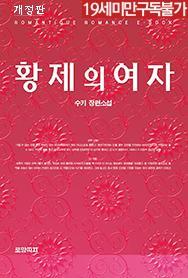
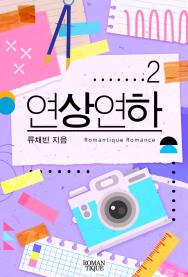

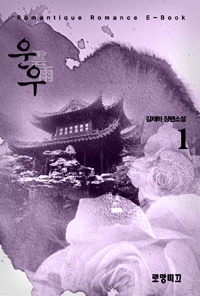
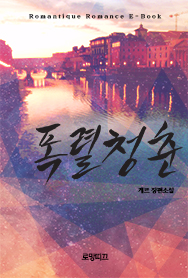

![로망띠끄] [이벤트] 젖어드는 하룻밤 : 네이버 블로그 로망띠끄] [이벤트] 젖어드는 하룻밤 : 네이버 블로그](https://img.toto-romance.com/UpFile/Editor/_2019910145235.jpg)
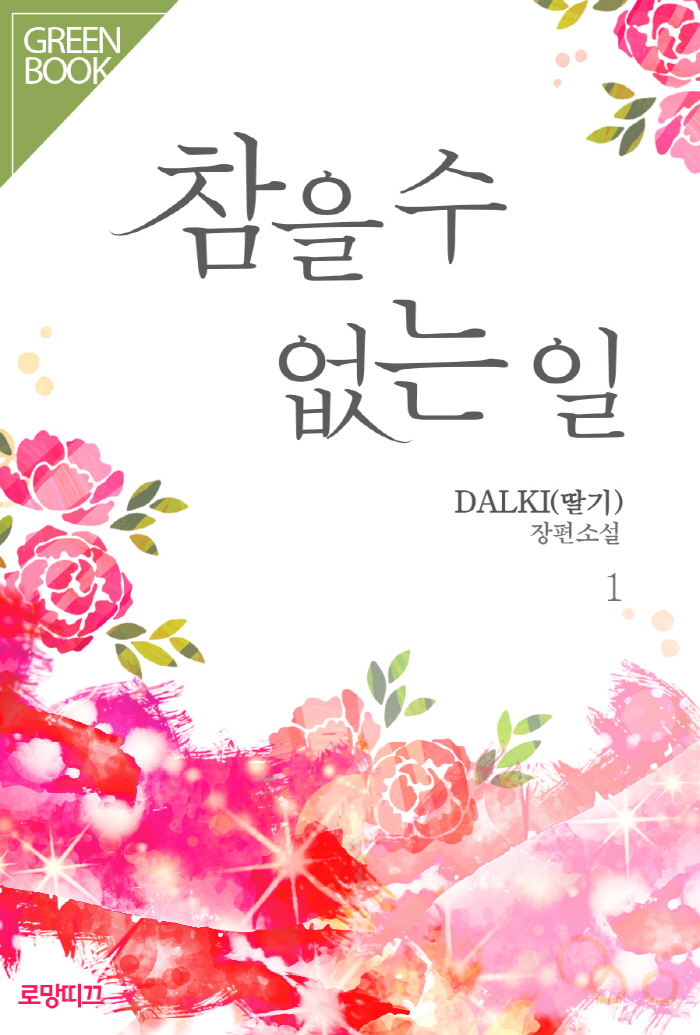

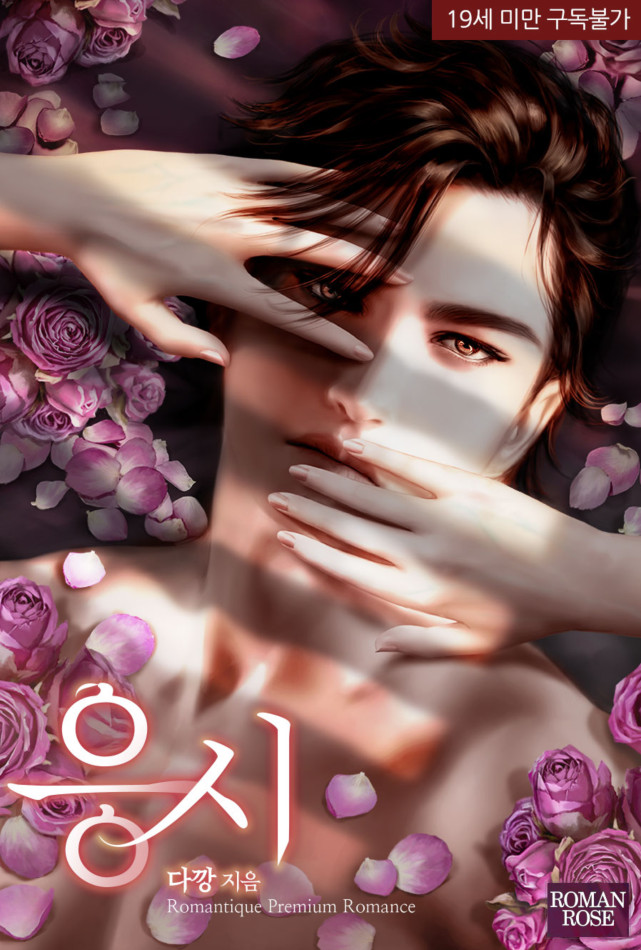
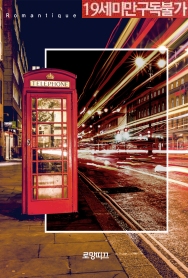
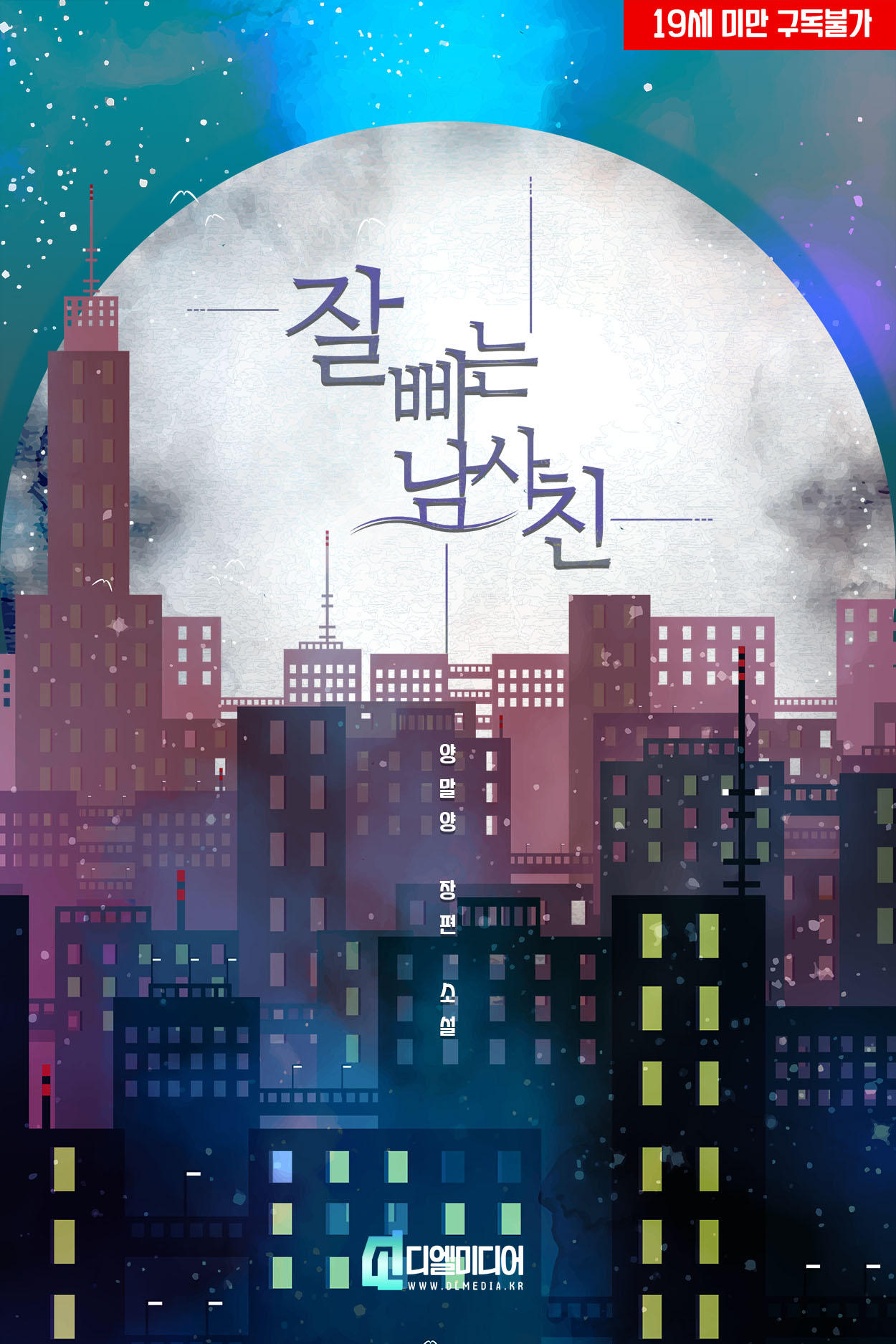
Article link: 로망띠끄 하아.
주제에 대해 자세히 알아보기 로망띠끄 하아.
